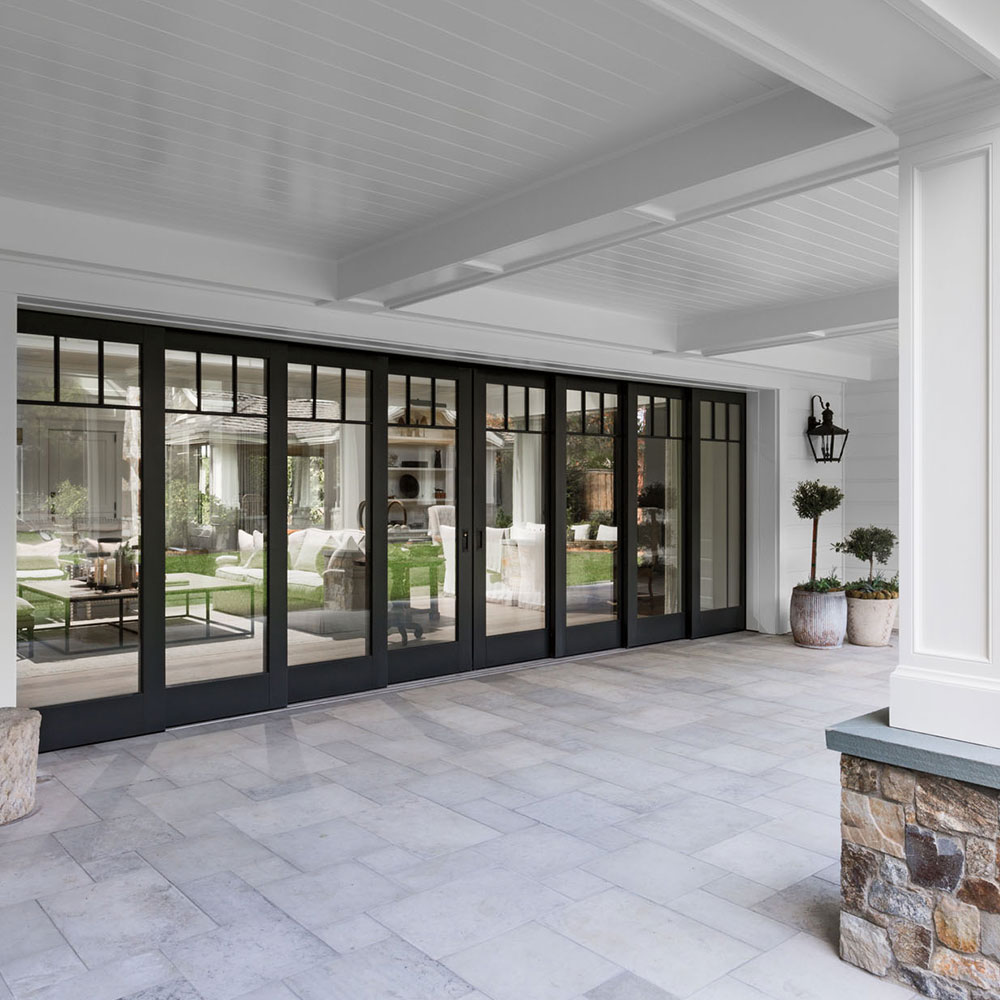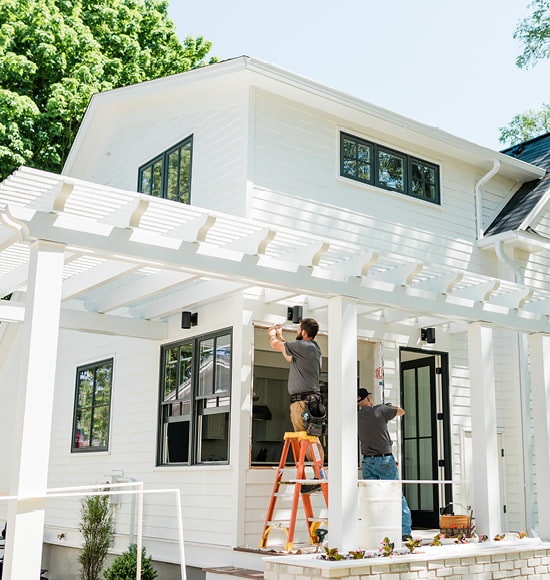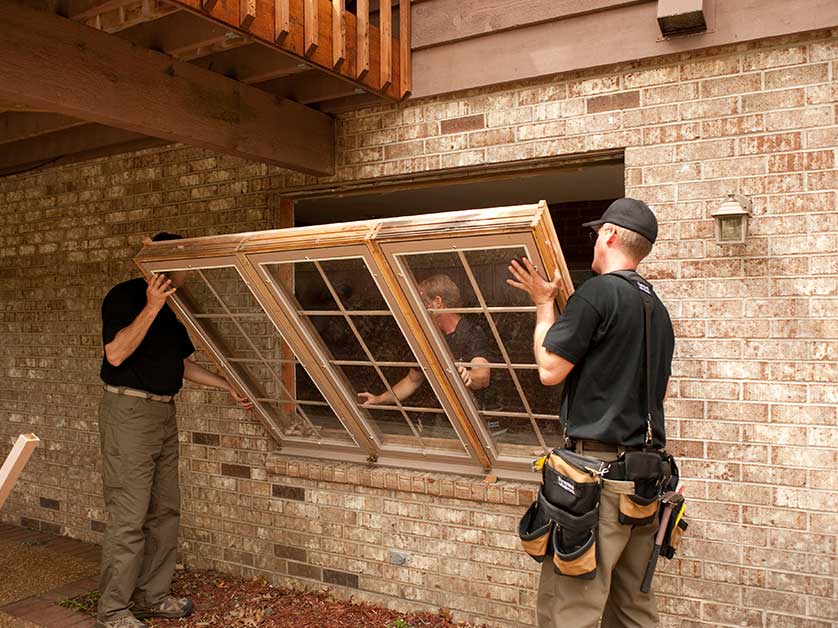Conroe Window Replacement Specialists for Seamless Installations
Conroe Window Replacement Specialists for Seamless Installations
Blog Article
Upgrade Your Home With Energy-Efficient Home Window Replacements
In the realm of home improvement, the choice to update to energy-efficient window replacements can considerably affect both the performance and aesthetic appeals of a home (Houston window replacement). As house owners look for ways to boost the performance and sustainability of their space, the selection of home windows plays an essential role in attaining these goals. Beyond the surface area level of simple visual appeals, energy-efficient home windows provide a multitude of benefits that exceed simple curb allure. With a mindful option process that takes into consideration different aspects, from glass kinds to installment techniques, starting this home upgrade journey might confirm to be a transformative venture.
Benefits of Energy-Efficient Windows

The installation of energy-efficient home windows offers significant savings on utility costs while enhancing ecological sustainability. Energy-efficient home windows are developed to minimize warm loss and gain, minimizing the need for heating and cooling down systems to work overtime. By successfully shielding the home, these windows help maintain a comfortable interior temperature year-round, resulting in reduced energy intake and decreased utility prices. In addition, energy-efficient home windows can help regulate wetness levels within the home, lowering the danger of mold and mold growth.
Past the financial advantages, energy-efficient windows add to environmental sustainability by lowering carbon discharges associated with energy manufacturing. In general, investing in energy-efficient windows not only enhances the convenience and efficiency of a home however additionally aligns with ecologically conscious practices.
Types of Energy-Efficient Glass
Different innovative kinds of energy-efficient glass offer special residential properties that deal with different needs and preferences in improving the sustainability and effectiveness of structures. Low-emissivity (Low-E) glass is a popular choice made to minimize the amount of ultraviolet and infrared light that can pass through the glass, thereby minimizing warmth transfer. This kind of glass assists preserve a regular interior temperature level, lowering the requirement for heating or cooling down systems, and inevitably decreasing energy expenses. One more cutting-edge option is spectrally discerning glass, which enables noticeable light to pass with while blocking specific kinds of infrared radiation. This assists in maintaining a comfortable interior environment while decreasing warm gain. Triple-pane glass, containing three layers of glass with insulating gas between them, provides improved thermal insulation, making it highly energy-efficient. In addition, self-cleaning glass with a special finishing that breaks down and loosens dust when revealed to sunlight can minimize upkeep requirements and maintain home windows looking clean. Each kind of energy-efficient glass provides distinctive advantages, permitting homeowners to choose one of the most appropriate alternative based on their specific demands and objectives.
Factors to Consider When Picking
When pondering energy-efficient home window replacements, it is critical to very carefully evaluate particular variables that line up with your sustainability objectives and preferred power cost savings. One essential variable to consider is the window's energy efficiency ratings, such as the U-factor and Solar Warm Gain Coefficient (SHGC) The U-factor steps exactly how well the window insulates, with reduced numbers indicating better insulation, while the SHGC indicates the window's ability to obstruct heat from sunshine. In addition, the home window frame product plays a significant function in power performance. Products like fiberglass, vinyl, or timber with thermal breaks are excellent options for reducing warmth transfer. Another vital consideration is the home window design and positioning worrying sunlight direct exposure. Selecting the right window style and strategically putting them can make the most of natural light while lessening warm gain or loss. view website Lastly, installment high quality is essential to guaranteeing the windows perform as meant. Appropriate installation aids protect against air leakage, making sure optimum energy effectiveness. By very carefully assessing these variables, you can select energy-efficient home windows that boost convenience, decrease energy prices, and profit the environment.
Setup and Upkeep Tips

Regular upkeep is key to preserving the performance of your energy-efficient windows. Evaluate the windows periodically for any kind of signs of wear, sealant, or damage damage. Tidy the frames, tracks, and glass frequently making use of light soap and water to remove dirt and crud that can affect efficiency. Examine the weather-stripping and seals for any kind of gaps or rips and change them if needed to preserve the home windows' power performance.
Additionally, oil moving parts such as joints and locks to ensure smooth procedure. By following these setup and maintenance tips, you can improve the power effectiveness of your home and prolong the lifespan of your energy-efficient home windows.
Cost-Benefit Analysis of Updating

Energy-efficient windows are developed to decrease heat transfer, decreasing the requirement for heating and cooling down systems to function overtime. This can result in significant financial savings on energy bills, especially in areas with severe temperature levels. Furthermore, energy-efficient home windows can boost the general worth of your home, making it much more eye-catching to possible purchasers if you determine to offer in the future.
When computing the cost-benefit evaluation, consider the prospective financial savings on energy expenses, any type of offered rewards or discounts, and the lifespan of the home windows. While the initial cost might be higher, the lasting cost savings and benefits of energy-efficient windows make them a smart financial investment for homeowners wanting to enhance their building's power efficiency and worth.

Verdict
In final thought, upgrading to energy-efficient home window replacements supplies many advantages such as minimized energy usage, increased convenience, and cost financial savings. By selecting the suitable kind of energy-efficient glass and thinking about variables like frame product and installment, home owners can make best use of the efficiency of their home windows. Normal maintenance and appropriate installation are necessary for long-term performance. Overall, the cost-benefit evaluation of upgrading to energy-efficient windows reveals that the initial financial investment can result in considerable financial savings over time.
When contemplating energy-efficient home window replacements, it is necessary to carefully assess particular aspects that straighten with i loved this your sustainability purposes and wanted energy financial savings. The U-factor steps just how well the window shields, with reduced numbers showing far better insulation, while the SHGC shows the home window's ability to block heat from sunlight. By thoroughly reviewing these factors, you can select energy-efficient windows that improve convenience, minimize power prices, and profit the environment.
While energy-efficient windows may have a greater ahead of time price contrasted to conventional windows, the long-lasting benefits typically surpass the first financial investment.In final thought, updating to energy-efficient home window substitutes supplies countless advantages such as reduced energy consumption, enhanced comfort, and cost savings.
Report this page